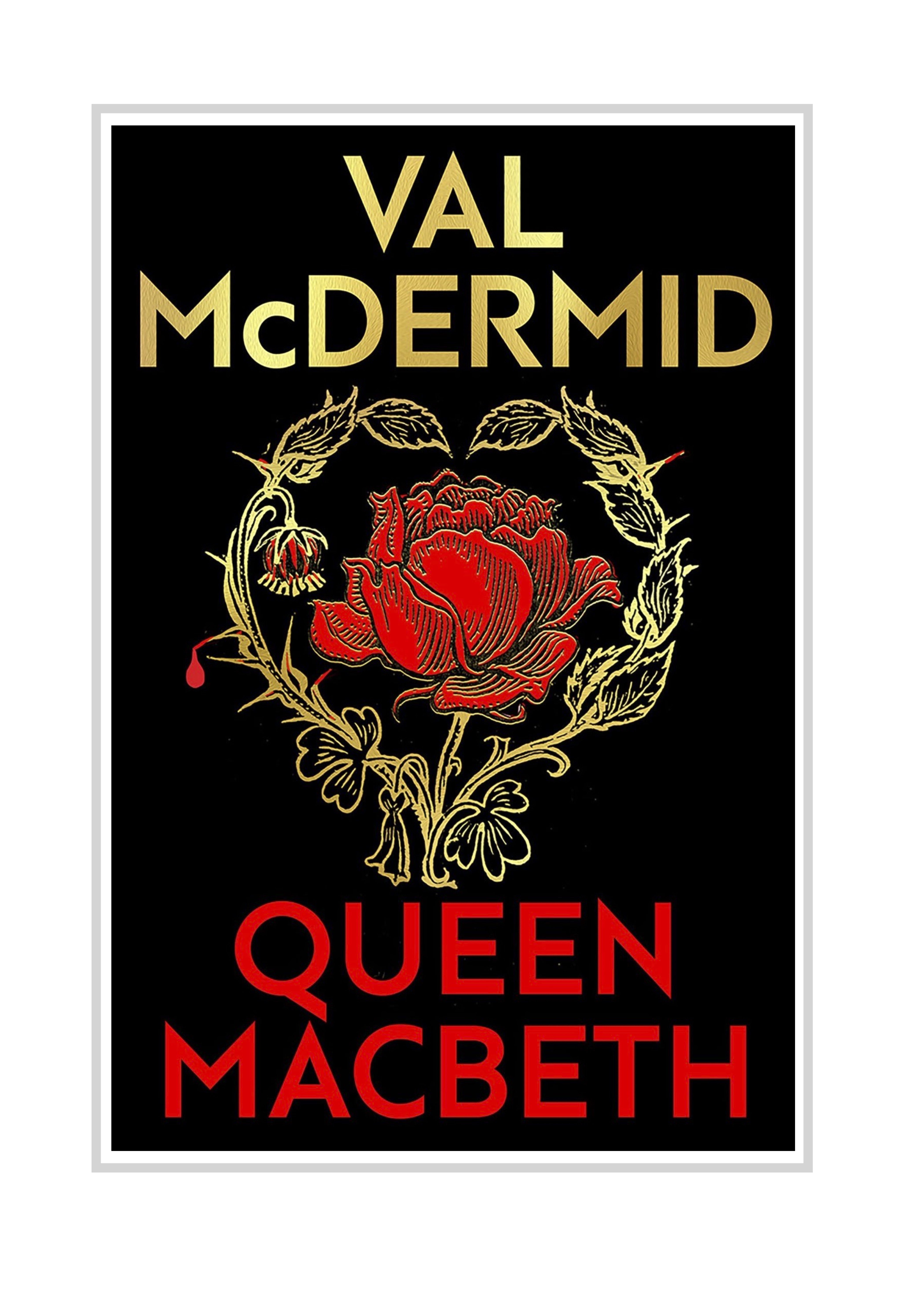A cry to community, to cohesion, to common weal. A victory cry, a war dance, an elegy – Lynsey Gilmour
Convention has it, that in terms of their structure, slam poetry and trance music have a lot in common. Both are reliant on the science of the build and the drop. The classically-arranged slam poem and/or trance anthem begins slowly and gently (sometimes in a deliberate attempt to wrong-foot the listener), thereafter the tempo increases, the poem/track builds to a crescendo until – at the perfect moment – beats (verbal or synthesised) fall away and an instant of cathartic bliss arrives, like the sun breaking through cloud. Silence. Applause.
This being the norm (in theory). In practice, as aficionados of either slam poetry or trance all know well, things are often looser and less predictable than the cliché suggests. Stuff goes sideways. Familiar patterns are bent out of shape. One minute, things are normal. Next, you’re in a field of rocking-horses grazing and poets are writing their lover’s names in jam. Good indeed it was, last night at the Edinburgh International Book Festival, to discover the twelve contestants in the Loud Poets Grand Slam Final weren’t much for leaning towards slam ‘type’.

A diverse cast (age-wise and gender-wise) hymned queerness, feminism and the sickening politics of education budget cuts. Regionality also added flavours. Last night’s finalists qualified via a series of six heats held around the country – in Greenock, Dumfries, Dundee, Inverness, Aberdeen and Edinburgh – a laudable and necessary initiative which paid dividends in terms of broadening the range of voices and styles onstage.
From Aberdeen, Jo Gilbert was a poetic force of nature and a reminder (if one was needed) that in Doric, all quines are also queens. From Dundee, Tom Bird delivered trans-masc truths to bring a tear to the ‘me, oh my’. And, from the Highlands heat, Lynsey Gilmour dropped Gàidhlig word-bombs of environmental and cultural protest.
Old ideas of ‘slam voice’ were taken out into the woods; with only a trail of Jammie Dodger biscuit crumbs, to find their way back home, while Chelsie Nash’s dark, surrealist fairy/future-tales; Susi Brigg’s big-hearted memories of childhoods past; Callum O’Dwyer’s moonage daydreams, Angie Strachan’s bammed-up Aldi shopping-lists; and eventual winner Jo Hunter’s war stories of trans joy all danced gleefully together round the communal word-fire.
Writing for competitive slams isn’t easy. Nor is performing in them. There will always be an element of slam poetry which is just about the body, the language of movement and the performance. Poets tonight were energetically gestural, dipping in and out of different voices and registers, building momentum and energy with body movements as well as rhythm and words.
There are difficult creative decisions to balance. Slam poems must have impact. They have to reach the back of the room, they must have effect, instant and powerful and they have to incise with lines like sharp little knives, to prick the audience’s attention, make them sit up and listen. And they have to do all of this within a fixed, three-minute time-limit.
Simple sloganeering is rarely enough. Many of the best slam poems make room for nuance, play with language and are elevated by unexpected twists and turns. Last night featured: poetry with formal constraints, Jack Hunter’s dictionary-ransacking reliance on words beginning with the letter ‘b’; Georgia Bartlett-McNeill’s multi-lingual mixtape of personal history and ancestral pride; and surefooted perspective switcheroos, like Natalie Jayne Clark’s sharp off-setting of the personal with the political.
At the same time, unconstrained by the need to drop bombs, Edinburgh Makar Hannah Lavery’s ‘sacrificial’ poems were (as always), incantations of quiet fury, reminders that (once the show is over, the stage is empty and the audience has gone home) poetry is often brightest and most luminous in shadowy moments of silence and doubt.
A final poetry slam cliché is the rule of sequence – funny, political, personal. Do a funny poem first, make the audience like you. Do something political second, get them on your side. Finish with your most personal piece, make them love you or (just as good), make them weep.
Again, this was a custom mostly honoured in the breach, though more seasoned slam-watchers would probably concur that the winner, Jo Hunter, best managed the tricky balance between ‘making sure you get into the next round’ and ‘keeping your best stuff for the end’. Their closing poem was all the things an earlier poet called for, being ‘victory cry, war dance, and elegy’. It, rightly, brought the house down.
A word or two for The Loud Poets themselves. As Katie Ailes mentioned in her interview with the GRB back in June, they are (to some extent) the last proper Scottish spoken-word event organisers, show-runners and platformers standing, and it is a joy to see their years of hard and often overlooked and unrewarded toil finally pay off with slam poetry’s accession to the biggest of Edinburgh International Book Festival stages, in front of a sold-out, 300-strong crowd who were in rapturous voice throughout.

Hopefully, directors of other literary Festivals will be taking notes. The evening’s ultimate standing ovation was meant, no doubt, for the champion but – all involved, from staging to performing, deserved that final, thunderous round of applause. A big night for spoken word, a big house in a big room – luckily, everyone on the bill brought their A-game and the big tunes.
Photo credit: All photos, IAmLoudPro.
The Loud Poets Grand Slam at the 2023 Edinburgh International Book Festival was won by Jo Hunter.
In the final round of three with Jo were Gray Crosbie and Jo Gilbert.
The other nine poets, all of whom either won or came second in a regional qualifying slam were:
Georgia Bartlett-McNeil
Tom Bird
Susi Briggs
Natalie Jayne Clark
Lynsey Gilmour
Jack Hunter
Chelsie Nash
Callum O’Dwyer and
Angie Strachan




Leave a Reply